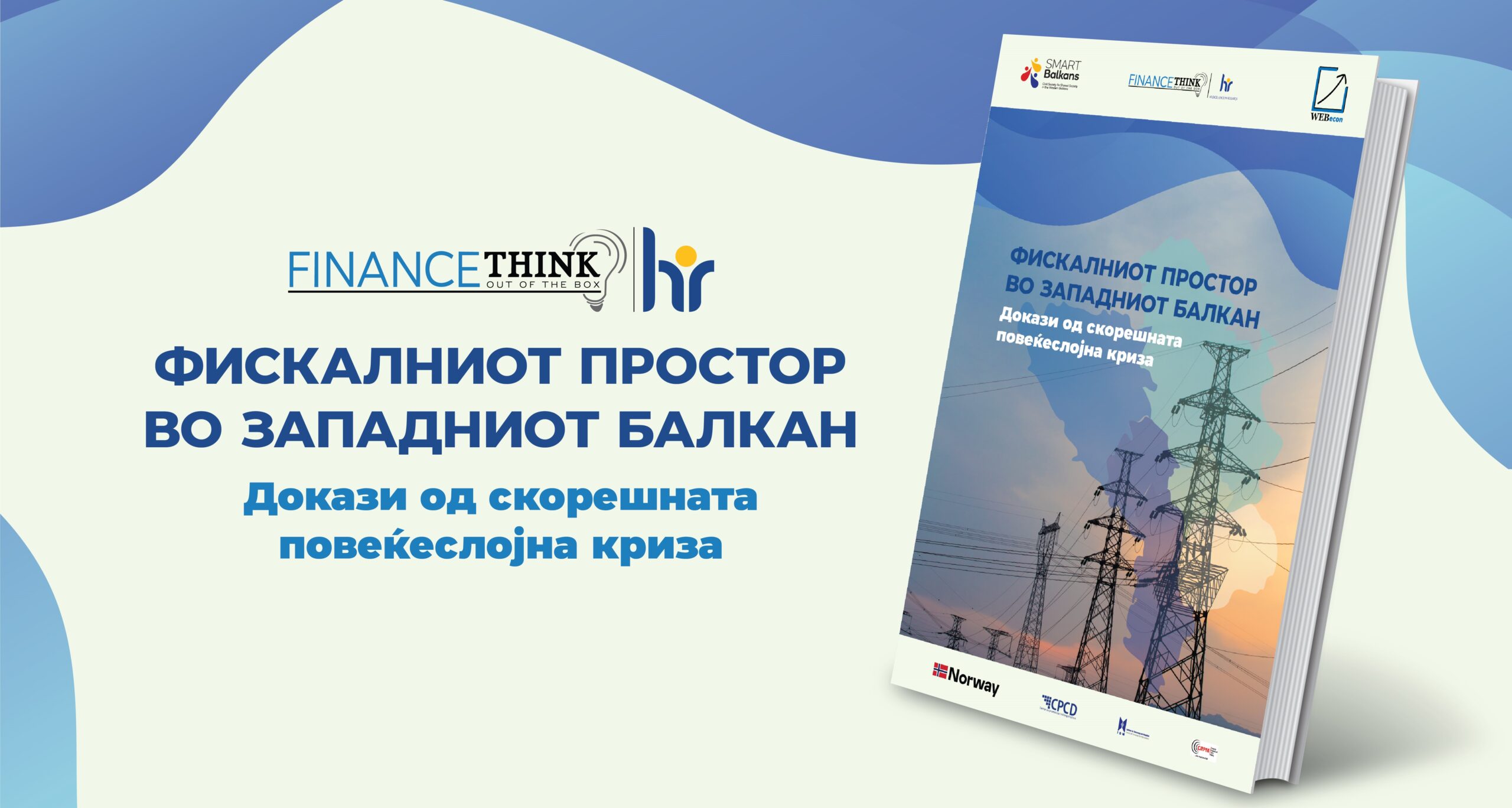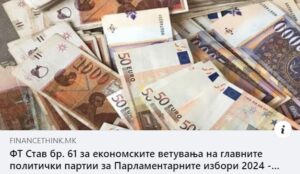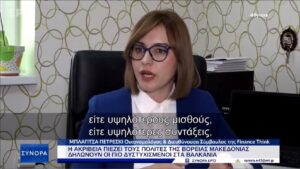
⚠️ How much did the #food and #energy price crisis cost us?
⚠️ How did the crises #constrain the fiscal space?
Our latest 📖 Policy Study 5️⃣1️⃣ brings an overview and analysis of the fiscal space in the Western Balkans countries through recent crises: the COVID-19 pandemic and the food and energy price crisis.
📌 Moderate debt and partially stable budget deficits before the pandemic allowed Western Balkan governments to provide significant budgetary #support to cope with the pandemic crisis in 2020 and 2021.
📌 Although signs of recovery were visible in 2021, the fiscal space further #deteriorated as a result of the geopolitical conflict between Russia and Ukraine.
📌 Results indicate that the possibility of implementing fiscal #packages is significantly determined by the fiscal space created in non-crisis periods.
📌 It is necessary to build up budget #reserves during non-crisis periods to provide room for intervention when needed most.
📌 In 2022, #subsidies for household electricity in North Macedonia reached 3.2% of GDP or 9.2% of public expenditures.
📌 Findings suggest a decrease in spending on #healthcare and #social protection in favor of increased budgetary support for electricity subsidies.
📌 Findings point to the need for: 1️⃣. #reduction of electricity subsidies by the end of 2024, accompanied by direct transfers to the most vulnerable households, enabling fiscal space for more and higher-quality other public services, as well as 2️⃣. #increased investments in the energy sector, accompanied by improved energy efficiency on the consumer side.
Link to the full study: rb.gy/649l2e
The study was created with the support of SMART Balkans.
🇲🇰 Finance Think
🇦🇱 ACIT
🇲🇪 @ISSP.me
🇦🇱 ACIT
🇲🇪 @ISSP.me
🇷🇸 Center for Advanced Economic Studies – CEVES
🇽🇰 Instituti GAP
🇧🇦 CREDI
WEBecon Network





